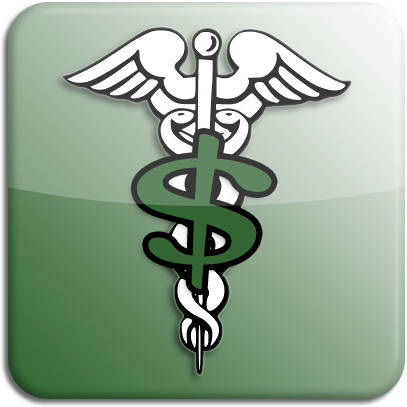Medical Care Expenses
An injured person is entitled to recover reasonable and necessary medical expenses incurred from the date of injury to the date of trial.
A recent opinion by the Texas Supreme Court of a provision in the Texas Civil Practice & Remedies Code concerning recovery of medical or health care expenses has limited them to the amount actually paid (or still owed) by or on behalf of a claimant.
This has significant repercussions for the value of your claim if you have major medical insurance (like Aetna, BCBS, Cigna, Humana, United Healthcare) or if you are a Medicare or Medicaid beneficiary.
It is NOW VITAL that you consult a lawyer very early in the process, before your health providers submit payment claims to your health insurer, in order to avoid a dramatic reduction on your money recovery from the negligent party.
In a survival action, medical expenses may be recovered on behalf of the estate of the decedent. In a wrongful death action, reasonable medical expenses incurred by the beneficiary for care and treatment rendered to the decedent may be recovered.
If a minor is injured as a result of the negligence of another, a cause of action arises in both the child and the child’s parents. Reasonable and necessary medical expenses, past and future, are recoverable.
The parents are entitled to recover damages for reasonable and necessary medical expenses incurred until the date of the trial, plus those additional medical expenses incurred by the minor until the age of majority.
The minor is entitled to recover for the reasonable and necessary medical expenses which accrue after the age of majority.
Recovery for future medical expenses requires a showing that, in reasonable probability, medical care will be necessary in the future. “Reasonable probability” means a probability greater than 50% or “more likely than not.”
The amount awarded for future medical expenses is determined by the jury. The jury may make its award based upon the nature of the injuries, the medical care rendered before trial, and the condition of the injured party at the time of trial.
Evidence of the cost of any necessary special care must be presented. For example, individuals suffering from brain damage, especially infants, require specialized care throughout their lifetimes. These costs are proven through expert testimony.
In order to recover any sum for medical expenses, it is necessary that the patient show that the treatment at issue was made necessary by the negligent acts or omissions of the defendant, where such a differentiation is possible.
An award of past medical expenses is readily capable of measurement. In that sense, medical expenses are unlike other damages, such as pain and suffering; therefore, the jury’s discretion in fixing an amount to be awarded for medical expenses is less than it is for more nebulous damages.




